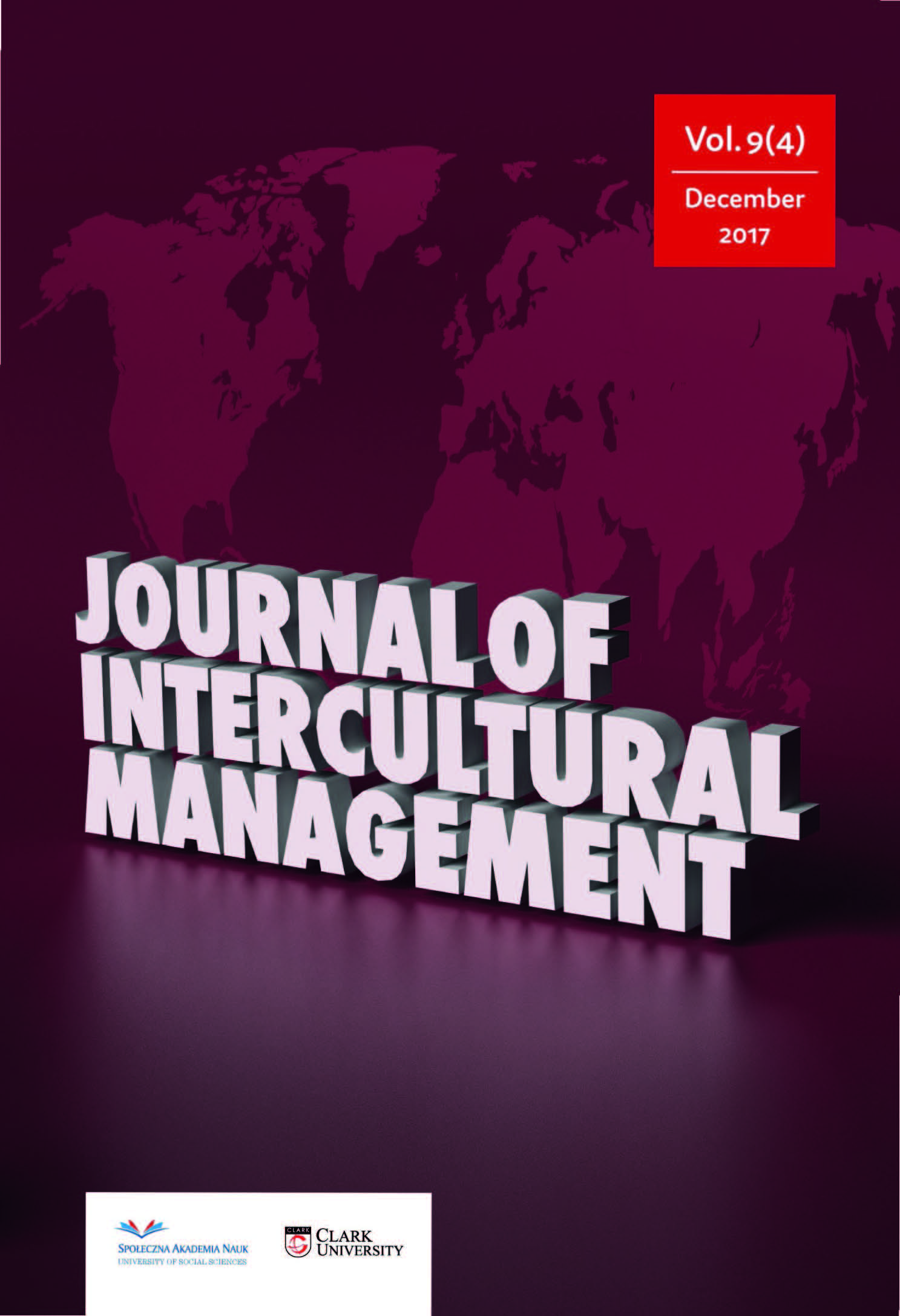Educational Leaders and Their Qualities from the Followers’ Perspective
Educational Leaders and Their Qualities from the Followers’ Perspective
Author(s): Łukasz Haromszeki, Piotr JarcoSubject(s): Sociology of Education
Published by: Społeczna Akademia Nauk
Keywords: educational leadership; leadership qualities; leader; pedagogue
Summary/Abstract: Objective: The article deals with the question of educational leadership and the understandingof that notion. That problem is relevant in the discussions on contemporary education, which isdemonstrated by numerous publications concerning such areas as pedagogy, sociology of educationor management. The attributes ascribed to an educational leader (personality traits, attitudes,values, etc.) are varied and arise from different experience of the authors and the applied researchperspectives. The article presents the results of studies describing the characteristics of an idealeducational leader. Methodology: The aim of the presented studies was to attempt to identify the set of traits ascribedto a contemporary educational leader and determine to what extent the respondents identifythose traits as the ones they themselves possess. The studies have been based on the opinions andexperience of the participants in the education system in Poland – graduates of senior secondary schools (2017). As the analysis of relevant literature on the subject does not allow one to presenta uniform set of qualities of an ideal educational leader, the authors of the presented studies haveselected 34 traits that are most frequently mentioned in scientific papers. Subsequently, duringthe first stage of the studies, a group of 22 experts was asked to select 17 descriptive categories(half of the presented set) that, in their view, most accurately describe an ideal educational leader.Afterwards, a sample of 108 respondents (graduates) was provided with a survey questionnairewhere, using a five-point Likert scale, the participants evaluated the occurrence of a given trait/quality in the following contexts: A pedagogue – an ideal leader; A pedagogue – a leader from thepast; Self-assessment with respect to a degree of possession of the listed qualities. The studieswere conducted in Google Forms technology with the randomisation of all the studied qualitiesof a leader for each of the questions and each of the respondents. The constructed non-randompurposive sample consisted of the graduates of general education, technical and vocational seniorsecondary schools from cities with population exceeding 500,000 inhabitants. Men constituted27.8% of the sample. Findings: According to the respondents, the key traits in this case (a pedagogue – an ideal leader)included the ability to motivate others, psychological and pedagogical sensitivity and being a moralauthority. The results relating to the educational leader from the past show a slightly different orderof the key qualities resulting from the respondents’ own experience. The first place was taken byhigh intellectual capabilities. It was followed by the ability to motivate others and being a moralauthority. When conducting self-assessment with respect to the listed leadership qualities, the participantsindicated that the qualities they possessed to the greatest degree included psychologicaland pedagogical sensitivity, the ability to interpret other people’s expectations and the ability toplan the necessary changes. The achieved results also show that the averaged ( ) self-assessmentregarding the degree of possession of all the leadership qualities in comparison to the qualities ascribedto an ideal leader is lower by 21.97%. At the stage of designing the studies, it may have beenexpected that more significant differences would be revealed between the imagined ideal type of aleader and the self-assessment of the graduates with respect to leadership predisposition/qualities. Value Added: In summary, the applied quantitative method of measurement allows one to confirmthe accuracy of the set of leadership qualities determined on the basis of the relevant literatureon the subject. According to the opinions of the graduates taking part in the study (former participantsof leadership relationships), it correctly describes an educational leader. That knowledgemay have practical application, especially in the conscious building of leadership in the educationalenvironment. This is because it may be assumed that the stronger the correspondence of the setof qualities of an educational leader with the expectations of the followers, the better the chancefor the creation of an effective leadership relationship. Recommendations: The perspective of the “followers” who have their own individual experiencewith respect to relationships with “educational leaders” seems to be worth exploring further. Theanalysis of available publications on the subject in question gives grounds for posing a question towhat extent the postulated image of the educational leader has any empirical foundations and towhat degree it is rather a speculation or intuition of numerous authors
Journal: Journal of Intercultural Management
- Issue Year: 9/2017
- Issue No: 4
- Page Range: 77-96
- Page Count: 20
- Language: English

